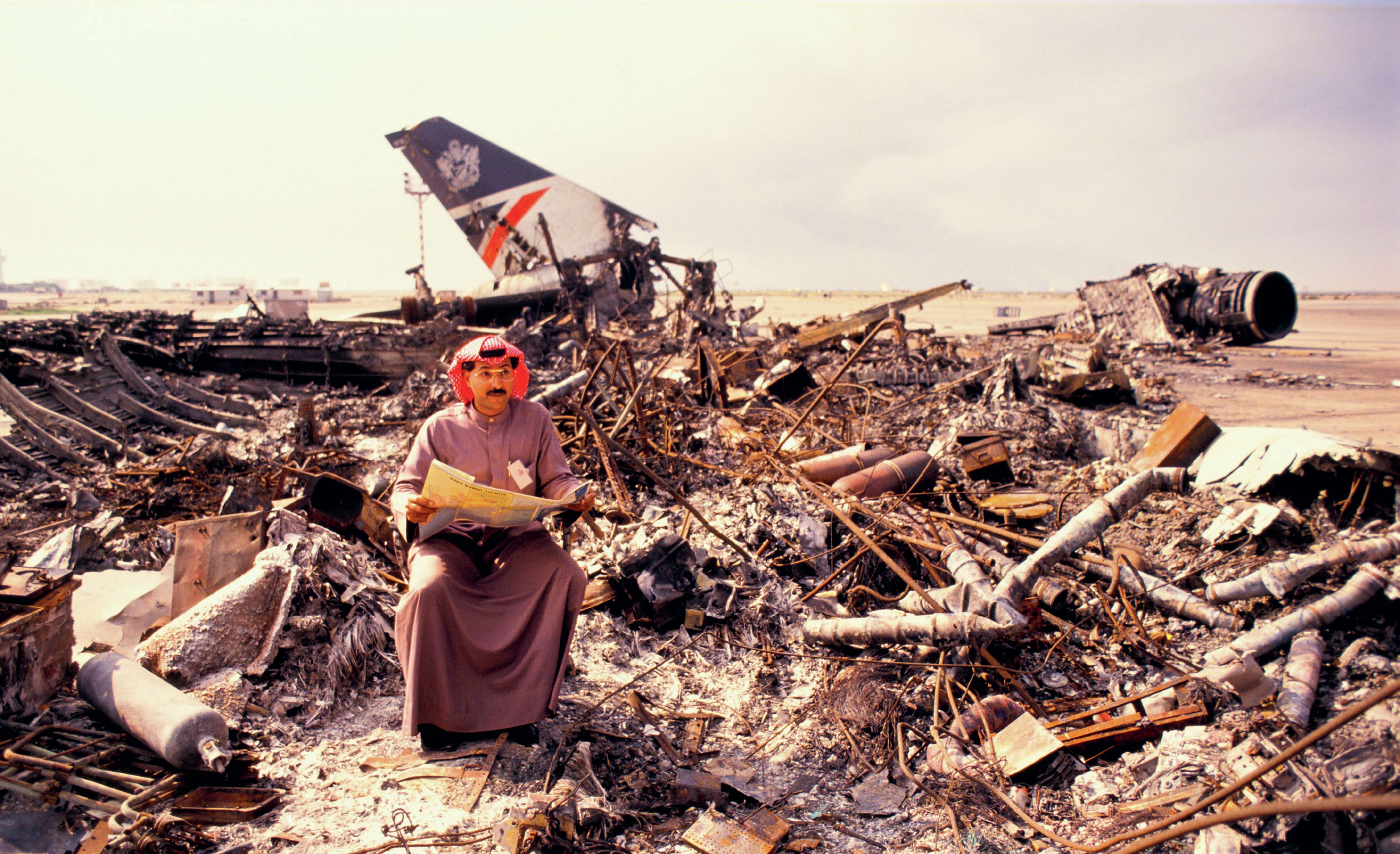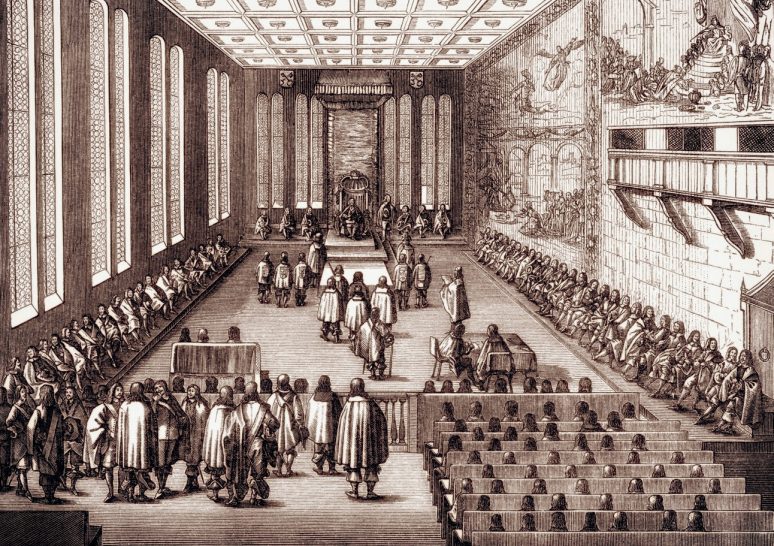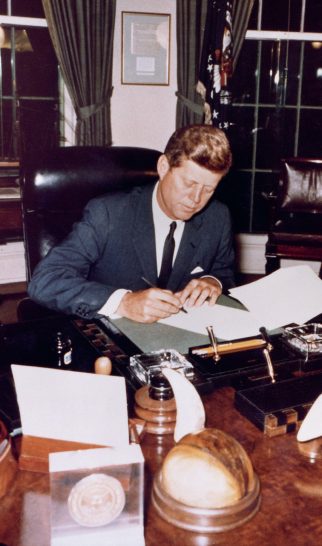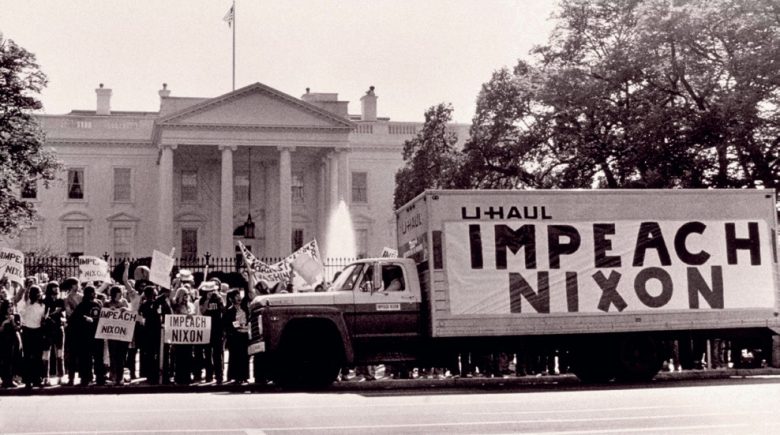
Thirty years ago, in the early hours of 2 August 1990, the president of Iraq, Saddam Hussein (see Box 1), authorised Iraqi troops to invade the neighbouring country of Kuwait. Overnight, soldiers marched across the border, overthrew the ruling royal family and declared Kuwait as annexed Iraqi territory. In response, an international coalition was formed to eject Saddam’s forces and prevent any further expansion of his territory, with Britain deploying its largest number of troops since the Second World War.
These events were hugely significant at the time, due to the scale of operations and the context of the international community adjusting to the end of the Cold War. However, they remain just as important to examine today due to the impact that they had on the rise of Al-Qaeda (leading to the events of 9/11) and the shift in Western focus towards Iraq, ultimately setting the scene for the Iraq War and all of its subsequent fallout.
Your organisation does not have access to this article.
Sign up today to give your students the edge they need to achieve their best grades with subject expertise
Subscribe




